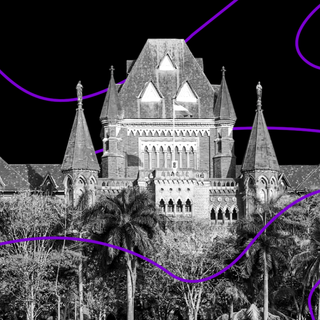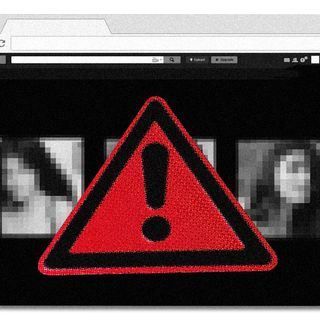Admins of WhatsApp groups cannot automatically be held liable for the content posted by other group members, the Bombay High Court ruled last week.
The decision was in response to a petition filed before the Nagpur bench of the high court, where a woman filed an FIR against a group admin for not taking action against a sexually offensive remark directed at her, one that was made by someone else. She alleged that the petitioner, who was the admin of the group, had neither removed the person behind the offensive texts from the group following the incident, nor asked them to submit an apology to the woman. The group admin should thus be held vicariously liable for the derogatory texts, the woman said in her appeal.
Vicarious liability is a principle where an individual, or even an organization, is held responsible for the acts of another — if they had the right, the ability, or a duty to control the perpetrator’s actions. But given that India doesn’t have any law that explicitly imports the principle of vicarious liability in the context of WhatsApp chats, a group admin won’t be held liable simply because of their status as the ‘group admin,’ Justices Zaka Haq and Amit Borkar held.
“Once the group is created, the functioning of the administrator and that of the members is at par with each other — except the power of adding or deleting members to the group. The administrator does not have the power to regulate, moderate, or censor the content before it is posted on the group,” the court said, explaining its rationale. “When a person creates a Whatsapp group, [they] cannot be expected to presume, or to have, advance knowledge of the criminal acts of the member of the group.”
Related on The Swaddle:
Why Are We Still Forwarding Sexist Spouse Jokes?
However, just because the principle of vicarious liability doesn’t apply in this context, doesn’t mean the admin cannot be held responsible for content posted by other group members ever. If a complainant is able to prove the admin and the other member shared a ‘common intent’ to cause hurt, which they acted upon by posting unlawful content, then the admin can indeed be held liable for such content — along with the person who initiated the message.
The court thus clarified the admin cannot be held liable for objectionable content posted on the group “unless it is shown that there was a common intention or pre-arranged plan… by such member of a Whatsapp group and the administrator.”
It is important to note this was a judgment concerning an individual, who demanded action against sexually offensive remarks in a group chat. It remains to be seen whether courts would apply the same rationale to matters pertaining to the spread of misinformation; WhatsApp groups are often rife with unverified and false claims, which arguably impact more than one individual.




